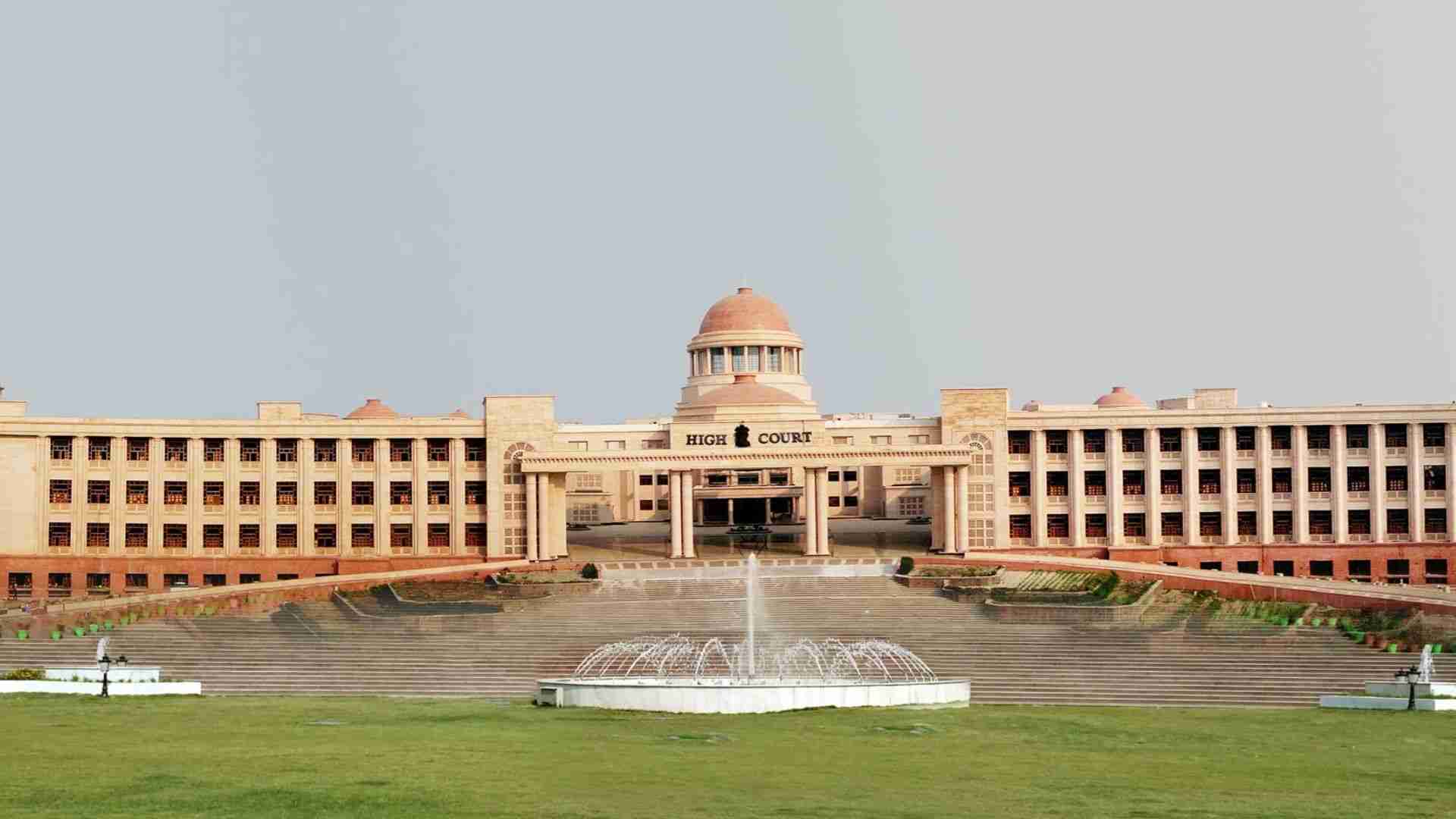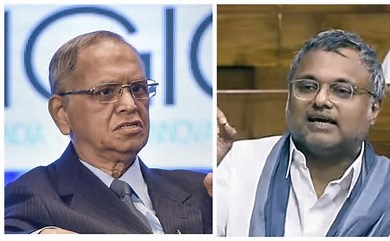While hearing a writ petition of couple Sneha Devi and Mohd Shadab Khan under Article 21 (protection of life and personal liberty), the two-judge bench in Lucknow’s Allahabad High Court has declared, that married Muslims cannot claim their rights under live-in relationship citing it as against Islamic values on Wednesday.
Especially if the spouse is still alive. However, the presiding judges, Justices AR Masoodi and AK Srivastava also agreed, that the position might have been different if both of them were single. And the “parties being major chose to lead their lives in a way of their own”.
Further, the court also declined to pass an order on protection of Life and liberty.
What’s the Case All About
Meanwhile, the couple Sneha Devi and Mohd Shadab Khan approached the court, seeking protection from the police following the complaint filed by woman’s family.
The petitioners sought protection under Article 21 (protection of life and personal liberty) claiming that as adults, they are free to stay together in live-in relationship setup as cited by the directions laid by Supreme court.
But upon further enquiry by the bench, it was learnt that khan is already married since 2020 with a wife and a kid.
This where the court made their observation and said “Islamic tenets do not permit live-in relationships during an existing marriage. The position may be different if the two people are unmarried and the parties being majors chose to lead their lives in a way of their own.” said the court.














